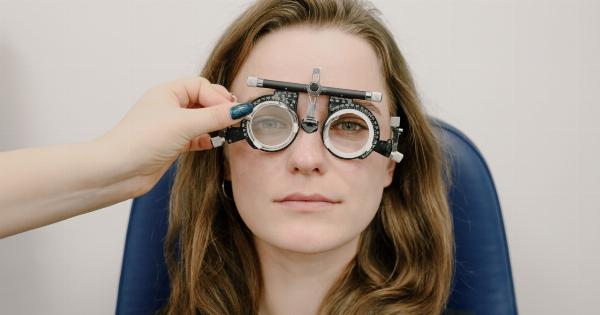When we visit a hospital, it is not merely to cure an ailment. We do so to get complete healthcare – including doctor consultations, medication, and treatment necessary to maintain our wellbeing.
Hospitals are equipped not just to treat emergency and critical cases, but also to provide full-fledged medical care, including comprehensive health protection for their patients. In this article, we take a closer look at what comprehensive health protection at the hospital entails.
What is Comprehensive Health Protection?
Comprehensive health protection covers all aspects of healthcare, including prevention, diagnostics, treatment, and rehabilitation.
In a hospital setting, it involves providing medical care through a range of services such as inpatient care, outpatient care, emergency care, and specialized care.
Inpatient Care
When a patient is admitted to a hospital for treatment, they receive inpatient care. This includes round-the-clock medical supervision, constant monitoring of vital signs, medication, and regular check-ups by doctors and nurses.
Depending on the patient’s condition, they may be admitted to general wards, ICU (Intensive Care Unit), NICU (Neonatal Intensive Care Unit), or other specialized facilities. Hospitals also offer a range of amenities for inpatients, such as meals, accommodation, and entertainment, to ensure their comfort and well-being during their stay.
Outpatient Care
Outpatient care refers to medical treatment provided to patients who do not require hospital admission. This includes doctor consultations, diagnostic tests, follow-up check-ups, minor procedures, and day care services.
Outpatient services are offered in specialized clinics or as part of hospital departments, such as the OPD (Outpatient Department), radiology, pathology, or physiotherapy. Outpatient care is especially convenient for patients who require regular or ongoing treatment, and who prefer to avoid the hassle and expense of extended hospital stays.
Emergency Care
Emergency care is provided for patients who require immediate medical attention due to accidents, injuries, or sudden illnesses. Hospitals maintain dedicated emergency departments, equipped with emergency rooms, trauma centers, and triage facilities.
Emergency care involves rapid response, quick assessment, and timely treatment to stabilize the patient’s condition. Hospitals also have ambulance services to transport critically ill or injured patients to the hospital.
Specialized Care
Specialized care refers to healthcare services provided by experts in specific fields of medicine. Examples include cardiology, neurology, oncology, endocrinology, gastroenterology, pulmonology, and many others.
Hospitals have specialized departments or centers to cater to patients requiring specialized care. These departments are staffed by highly qualified and experienced doctors, nurses, and technicians who are trained in the latest medical procedures and technologies.
Preventive Care
Preventive care involves measures taken to prevent illnesses and promote overall health and wellbeing. Hospitals conduct regular health screenings, check-ups, and counseling to identify risk factors and provide preventive interventions.
Examples include vaccinations, health education, lifestyle modifications, and disease screening. Preventive care is essential to reduce the incidence of diseases and to promote early detection and treatment.
Diagnostic Services
Diagnostic services include a range of tests and procedures used to diagnose medical conditions. Hospitals offer a variety of diagnostic services, such as radiology, pathology, cardiology, neurology, and many others.
These services use state-of-the-art technologies and equipment, such as MRI (Magnetic Resonance Imaging), CT (Computed Tomography), Ultrasound, and PET (Positron Emission Tomography) to diagnose and treat medical conditions.
Rehabilitation Services
Rehabilitation services refer to medical and therapeutic interventions provided to patients to restore their physical, mental, and emotional health after an illness or injury.
Hospitals provide rehabilitation services in various settings, such as inpatient rehab centers, outpatient clinics, and home care. These services include physiotherapy, occupational therapy, speech therapy, mental health counseling, and vocational training.
Rehabilitation services aim to maximize the patient’s independence and improve their quality of life beyond the hospital.
Conclusion
Comprehensive health protection at the hospital is a holistic approach to healthcare that covers all aspects of medical care and well-being.
A hospital that provides comprehensive health protection sets itself apart by offering a range of services from preventive care to rehabilitation. These services are provided by highly qualified and experienced medical personnel who use the latest technologies and equipment.
Patients seeking comprehensive health protection from a hospital can be sure that they will receive the highest level of medical care and attention, regardless of their condition.





























